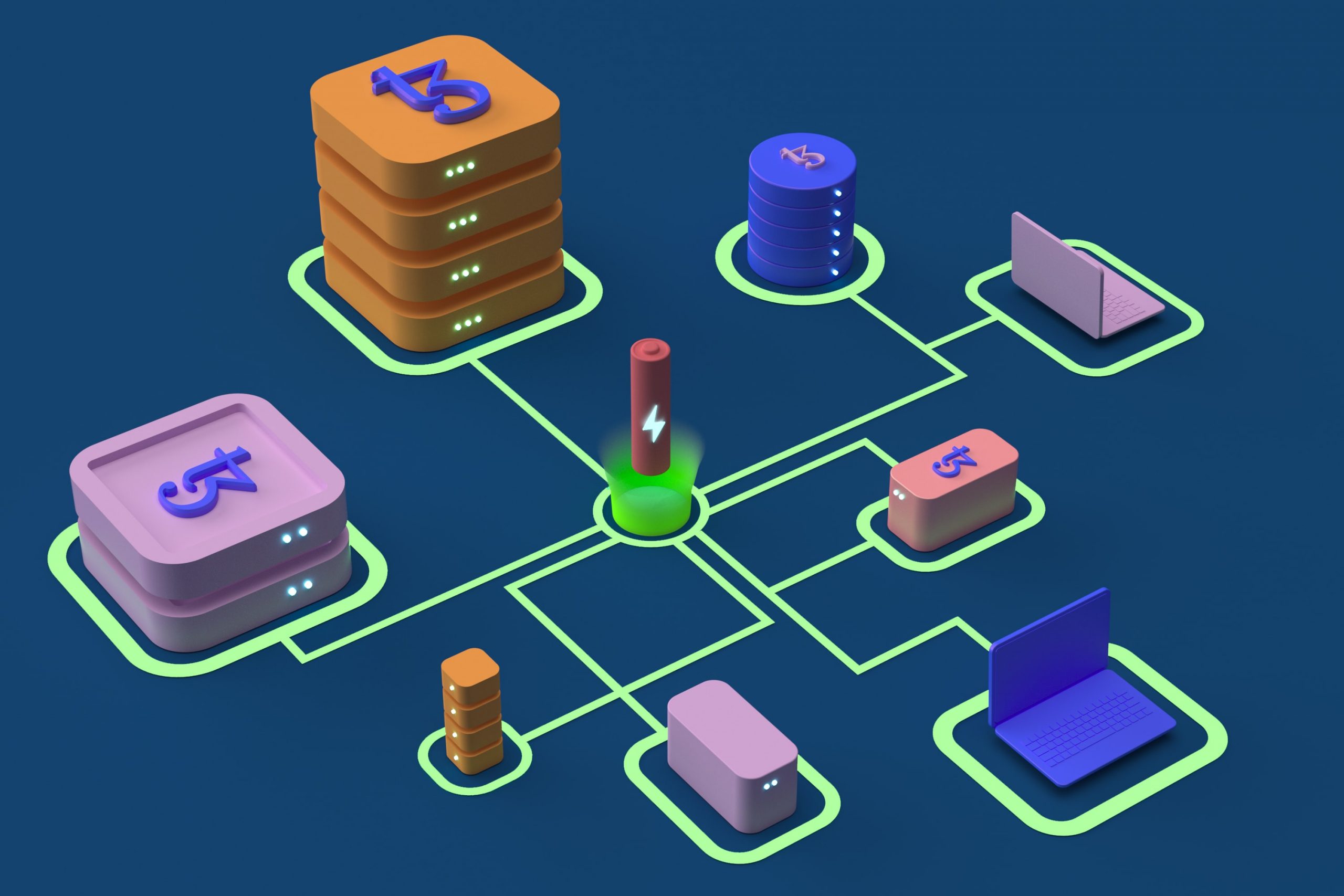While crypto airdrops are frequently regarded as “easy money,” they do come with responsibilities.
In recent months, projects such as Ethereum Naming Service (ENS) and LooksRare have given their users airdrops of ENS and LOOKS tokens, respectively. Both of these token networks currently have market capitalizations in the hundreds of millions of dollars. These airdrops have been successful in converting users into ardent supporters. More airdrops are expected in 2022 and beyond as more projects strive for decentralisation.
Most cryptocurrency traders and investors will face tax obligations as the new year begins. The Internal Revenue Service will commence the filing process for taxpayers in the United States on January 24, with last year’s tax returns due by April 18. That is, tax returns submitted in 2022 will apply to the tax year of 2021; taxes for 2022 will be payable in April 2023.
The IRS published its guidance on taxing cryptocurrencies for the first time in 2019, and many other governments have followed suit. As a result, active crypto dealers, DeFi aficionados, and NFT collectors must be mindful of their tax obligations. The most critical step before paying taxes is to keep track of all crypto transactions that result in taxable events.
Selling crypto assets like Bitcoin and Ethereum for cash or other assets, getting airdrops, crypto mining, staking, and yield farming are examples of such transactions. It is also critical to understand the sort of tax that applies to each transaction. Taxes are classified into two types: income taxes and capital gains taxes. In tax returns, both are reported differently.
Capital Gains Tax
Capital gains are earned by selling or exchanging capital assets such as stocks and cryptocurrencies, as well as other properties used for investment purposes, according to the United States Internal Revenue Code.
When an asset is sold, swapped, or exchanged for fiat money, stablecoins, or any other token, capital gains or losses must be calculated.
There are two types of capital gains taxes in the United States: short-term and long-term. Short-term gains are taxed at a greater rate than long-term gains and apply to assets sold within a one-year holding period. As a result, many cryptocurrency users want to store assets for more than a year in order to reduce their liabilities.
Income Tax
Income tax is levied on crypto assets obtained through staking, yield farming, as part of a salary, or in return for a good or service in the United States. Income tax is levied at the usual tax rate based on earnings. It applies to all forms of employment pay, including wage and royalties. Other profits, such as dividends and commissions, are taxed as well.
All crypto assets obtained through lending, yield farming, airdrops, and governance token incentives are subject to income tax based on their market value at the time of receipt. When a user receives coins in their wallet, the market price in fiat terms can be utilised to calculate gross revenue.
NFT taxation
NFTs are digital collectible tokens that can include digital art, music, memes, or any other sort of content. NFTs surged into the mainstream in 2021, ushering in a new wave of crypto enthusiasts.
While NFTs are still in their infancy, it is vital to remember that they are a sort of cryptocurrency. As a result, taxes apply to NFTs in the United States and other parts of the world. Users’ responsibilities, as with other types of crypto assets, might range from income tax to short or long-term capital gains tax.
Profits from NFT can be generated in two ways. One of them is to create an NFT and offer it on a marketplace like OpenSea. Income tax is applicable in this case.
Airdrops
Many crypto coins are distributed to early adopters via airdrops. While airdrops can provide substantial returns for active cryptocurrency users, they must also be recorded in tax forms.
Token airdrops are considered income in the United States, and their worth is determined by the market value at the moment the user receives them.
Governance rewards and liquidity
Another approach to benefit in DeFi is to provide liquidity. Liquidity providers can receive a percentage of trading fees on decentralised exchanges like Uniswap.
Liquidity providers are automatically paid a portion of the fees via LP tokens, which reflect a percentage stake in a pool.
When a user withdraws assets from a pool, they burn the LP token and receive the underlying assets as well as any earned interest. Such acts are considered a crypto-to-crypto trade and so subject to capital gains taxes.


